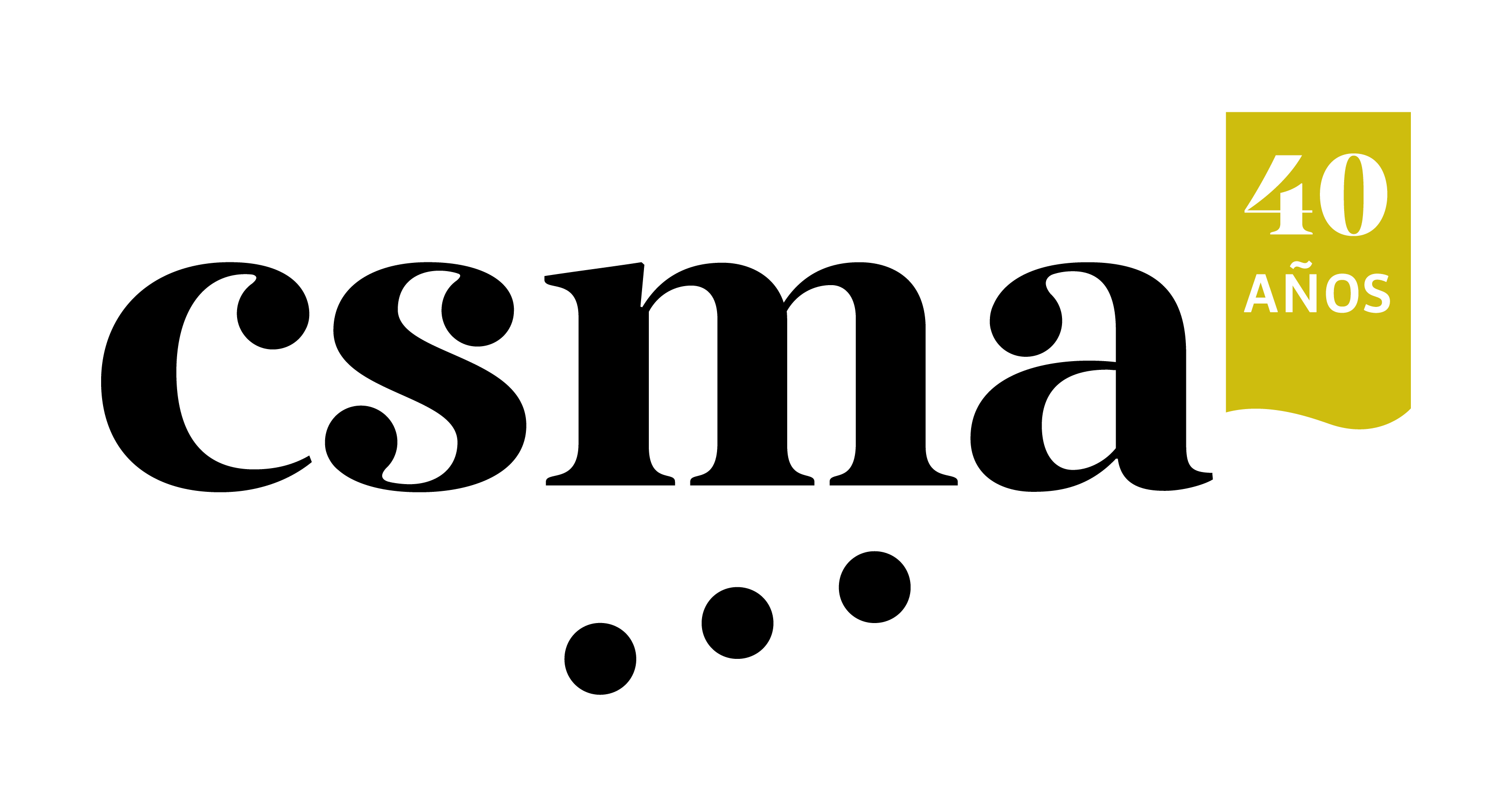Why studying abroad?
International exchanges provide a lot of benefits. Living in a different cultural and musical environment may provide many paths of evolution for your musical development. You may decide to focus your stay on certain aspects of your studies that are not available at your sending institution. It is both a good opportunity and a challenge for your self-esteem, which will broaden your understanding of multiculturalism and has a positive influence on your future. Besides, it is also a good way to develop your personal and professional contact network.
Who is eligible for an Erasmus?
Any CSMA student other than first-year students. Normally, students choose to complete their Erasmus stay in their third year (and therefore present their application in their second year). The duration of the stays ranges usually between 3 and 9 months. All applications must be weighed by a CSMA selection committee before being sent to the receiving institution for their approval.
Do you need to know the language?
We recommend some prior knowledge of the language. In the case of minority languages, there are Intensive Erasmus Language Courses given just before the start of the academic year. These courses are free, and you may even get an extra allowance to do them.
May I work part-time while I study?
Yes, as long as the receiving institution approves it. It is a good way of learning the language and getting acquainted with the local community. The receiving institution may even offer assistance and information about that but you should check if they approve of this first. You also should be aware that when you find yourself in a different environment, with a different language and different customs, your study workload will become more demanding, and you should also take into account that the centre expects you to attend to all the activities scheduled during your stay.
Are studies completed abroad deemed equally valid?
Your study abroad will be part of your CSMA studies. You will have to agree on their contents with the Academic Head of Studies or Supervisor. As subject offer and availability vary in each centre, the curricula of both institutions need to be weighed for academic recognition. This will be always carried out with regards to the similarity of their subjects’ denomination or contents. Subjects directly linked to the students’ speciality are compulsory in all European institutions, and therefore, all students must take them. Regarding the rest of the subjects, you should pick these you find more suitable, taking always into account the curriculum of specialties of the CSMA. You will be assisted on this by the Erasmus Coordinator and the Academic Head of Studies so that your stay abroad contributes to enrich your artistic experience.
The Learning Agreement established between the sending and receiving institutions contains all the relevant academic information (modules, number of credits, etc…).
When you return to the CSMA, credits obtained abroad will be formally recognized and credited, which will be performed by the Academic Head of Studies, following the ECTS[1] User Guide. The criteria used for such academic recognition shall be fair, transparent, and flexible in order to ensure the most appropriate recognition.



